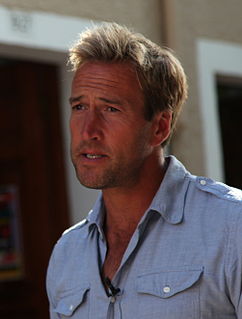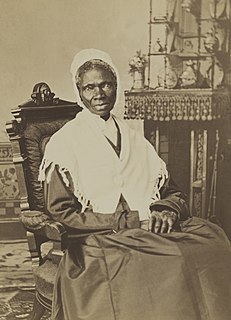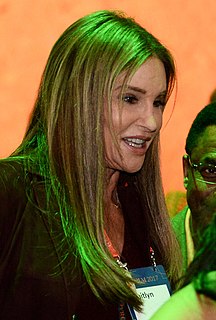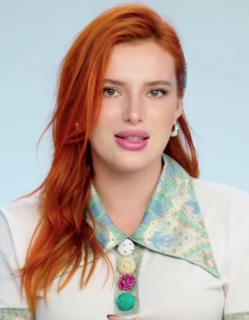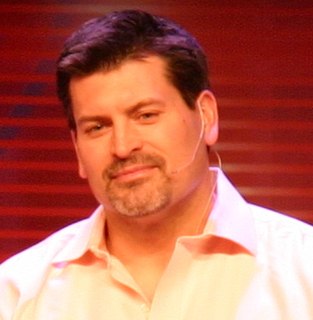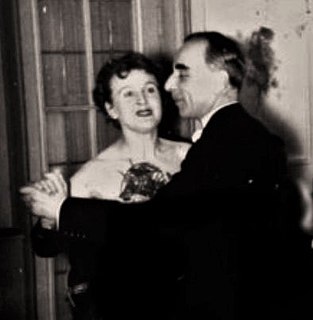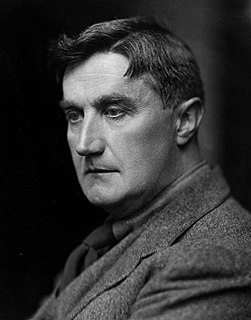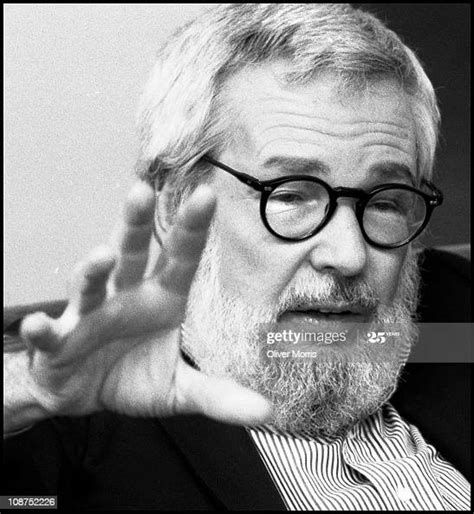A Quote by Ben Fogle
I'm a bit dyslexic so I found learning to read hard. I muddled up the letters but learnt to power through.
Related Quotes
I was trouble - and always in trouble. Aged eight I still couldn't read. In fact, I was dyslexic and short-sighted. Despite sitting at the front of the class, I couldn't read the blackboard. Only after a couple of terms did anyone think to have my eyes tested. Even when I could see, the letters and numbers made no sense at all.
I wish I had [letters], can you imagine their value, and I don't mean merely financially. I am sure they were accidentally destroyed or that Schaub found them and destroyed them. [Adolf] Hitler didn't want those letters read by anyone but Eva [Braun] and had made that point clear in the course of the years.
My father is my biggest literary influence. Recently, I've been looking through his letters. He was in the National Guard when I was a child, and whenever he left, he would write to me. He wrote letters to me all through college, and we still correspond. His letters, and my mother's, are one of my life's treasures.
